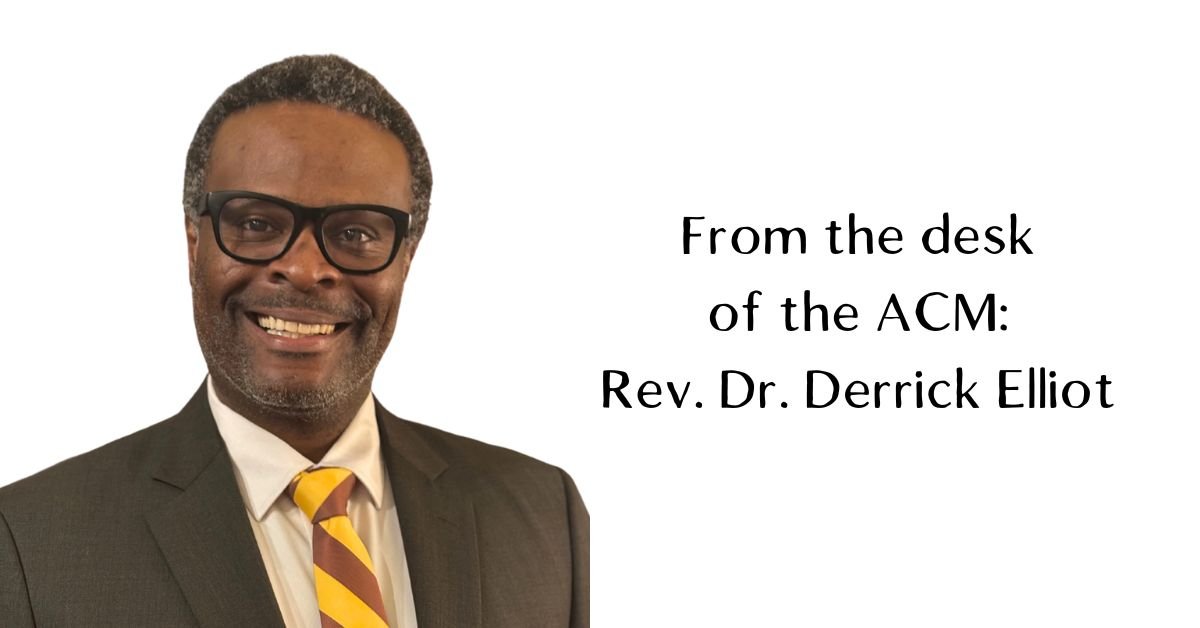Have you ever wondered what makes an ordained minister? Is it seminary degree, the fancy robe, or perhaps an unusually robust collection of coffee mugs? Let’s take a humorous but accurate journey into the sacred calling of ordained ministry, guided by the United Church of Christ’s own Manual on Ministry.
Step One: Discernment (A Fancy Word for Listening to God)
Becoming an ordained minister begins with discernment—a deep, prayerful process of listening for God’s call. For some, this feels like a bolt of lightning. For others, it’s more like a persistent tap on the shoulder during the church budget meeting. Either way, it involves saying, “Yes, God, I hear you,” and, “I hope I’m ready for whatever this means.”
Step Two: Formation (Yes, There’s Homework)
After discernment, there’s preparation, or what the Manual on Ministry calls “formation.” This means theological education, spiritual development, and a whole lot of learning. Ministers-in-training tackle biblical studies, ethics, pastoral care, and the art of navigating church potlucks without accidentally eating dessert first. And, yes, we do memorize the difference between Moses and Noah. (Moses: Red Sea. Noah: Ark.)
Step Three: Candidacy and Call (The Church Seals the Deal)
Before ordination, candidates enter a covenantal process of accountability with their local church, SWC acting as an association, and wider UCC community. This is where we learn the essentials of ministry: leading worship, providing pastoral care, and balancing a church life and personal life without fainting. Once a local church or ordainable organization extends a call, the process moves toward ordination.
Step Four: Ordination (Cue the Happy Tears)
Ordination is a sacred and public affirmation of God’s call to ministry. It’s also a deeply covenantal act, where the wider church acknowledges the candidate’s preparation and promises to walk alongside them in their journey. There’s laying on of hands, prayers, and enough emotion to rival your favorite Hallmark movie. At this point, the ordained minister is ready to officially serve Christ and the church in their full capacity.
What Does an Ordained Minister Do?
Ordained ministers are called to serve as ambassadors of the Gospel, spiritual leaders, and covenant partners within the life of the church. According to the Manual on Ministry, ordained ministry includes preaching, teaching, administering the sacraments, pastoral care, and advocacy for justice. In simpler terms: we wear many hats—and sometimes aprons when the chili cook-off calls.
But Why So Much Coffee?
While the Manual on Ministry doesn’t address caffeine intake, the answer is clear: coffee sustains the work of ministry. It powers us through sermon writing, pastoral visits, and unexpected copier malfunctions. (Yes, the copier is part of our sacred duties.)
The Heart of Ministry: Covenant and Service
At its core, ordained ministry is not about titles or robes—it’s about covenant. Ministers are called to walk alongside individuals, congregations, and communities as partners in faith, pointing toward God’s love in every season of life. We don’t have all the answers, but we’re here to ask the right questions, seek justice, and journey with you in faith.
So, the next time you see us carrying an armful of hymnals, sermon notes, and, yes, a cup of coffee, know this: We are here because we believe in God’s call, in the church, and in you. Together, we make ministry happen. (But if you want to bring coffee, we won’t say no.)
Blessings,
Rev. Dr. Derrick Elliott

